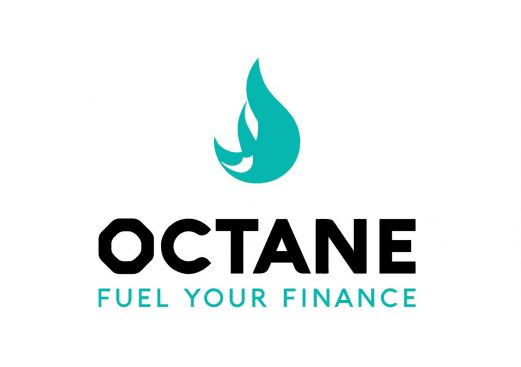The CPS has today announced that they will be releasing new guidelines allowing for harsher prosecution against those who steal fuel.
It has been reported that fuel theft has increased dramatically in recent years, causing forecourt owners much hardship. In the past a customer who did not have the means to pay for fuel had been made to sign an IOU with the intention of returning and paying at a later date. This seems all well and good, however in practice was flawed, on the basis that, in order to prove theft, the forecourt owner would have to prove that the customer was acting dishonestly. Signing an IOU disproved this as there showed that the customer had owned up to the crime of not paying and promised to repay at a later date, therefore no dishonest intention could be proven to have been present at the time the act was committed. The conviction rate for fuel theft was low.
The guidelines hope to give the police and prosecutors more power to overcome this loophole in the system, and repeat offenders, or offenders who leave false details will also be more severely punished

Octane Finance is the broker of choice for new and used car dealers nationwide. With our uncompromising service levels and our genuine and professional approach, you and your customers can trust us to deliver.


